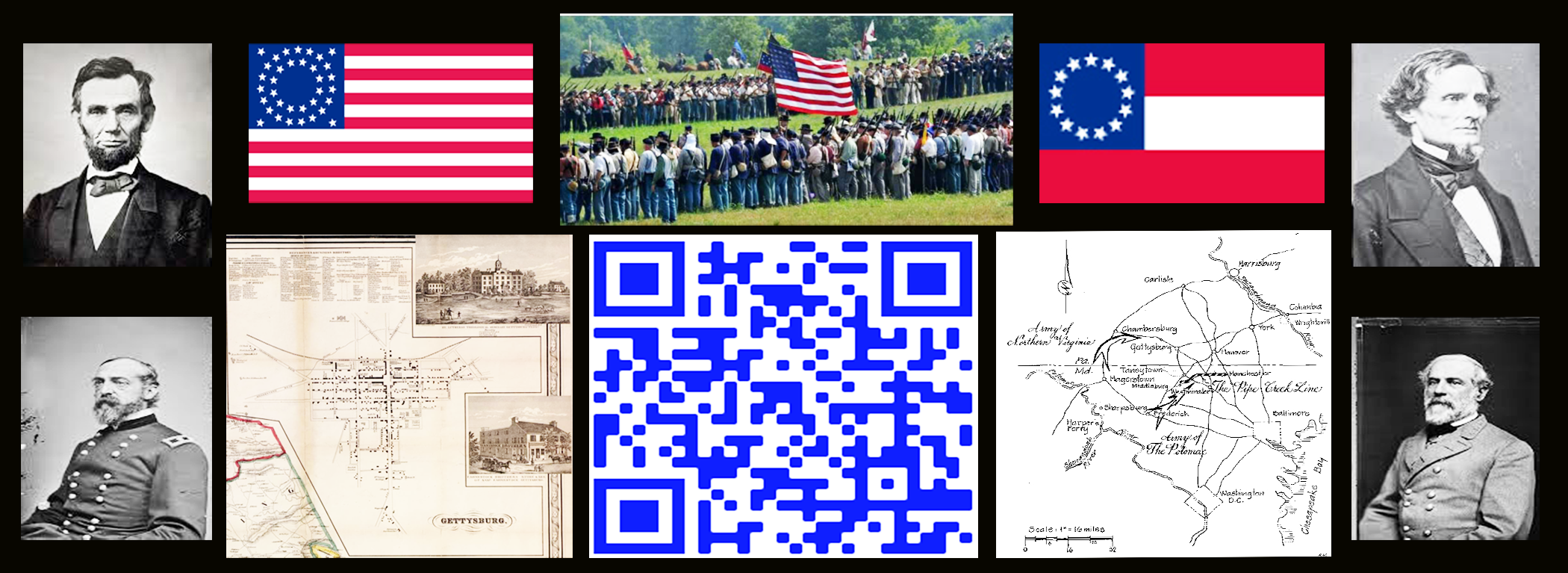GEN Lee was quite concerned about the position he found himself in in the spring of 1863. His army had been pushed far to the west, away from the Confederate capitol of Richmond that he was sworn to defend. It was unlikely that the Union forces opposing him could both contain him in his present location and also threaten the capitol, but something had to be done to change the course of the war.
https://en.wikipedia.org/wiki/Battle_of_Antietam
For the second time he proposed the plan to take the war to the north. He had attempted this once before but had been thwarted at Antietam. But this time he thought that the timing and terrain were more in his favor. Plus he was facing off with a Union commander, Joseph Hooker who was known to be slow and patient in his actions and reactions. Some would say too slow and plodding. Lee sought and received permission from President Jefferson Davis and the War Council to move north.
He had two stated objectives: to win a major battle on northern soil and bring the war to an end. The latter objective need not come via a military victory. After all, the war was being fought on multiple fronts. But a Rebel victory on northern soil might be demoralizing enough and embolden the political opponents of Lincoln that the Union could be forced to the negotiating table. This would almost assure the full recognition of the Confederate States America (CSA) and bring about an end to the fighting. Lee figured that he didn’t need to win the war just a single battle.
Where, then, was he planning that battle to occur? His grandiose plan was to first capture the Pennsylvania State Capitol at Harrisburg and then move on Philadelphia. He would have preferred to attack Baltimore and thereby strangle Washington DC, but he thought them too well defended to risk such a move. Harrisburg was some 50 miles above the Mason-Dixon Line. Getting there wouldn’t be easy but it was also lightly defended by nothing but ill-trained local militia. If he could push his army fast enough he could likely outrun Hooker who would surely be slow to react to his northerly shift. So in early-June he began moving his forces across the Potomac River into and across the narrow neck of Maryland and quickly into Pennsylvania. As expected, Hooker was wary that these moves were but a ruse and he held his place in Virginia.
